Apart from finger paintings and the odd collage, the unfortunate reality is that the thing your child will most likely bring home from childcare is an infectious illness.
Life in a crowded childcare centre is a perfect environment for germs to spread, with little people constantly putting hands in their mouths, sharing toys and spreading bacteria, viruses – and worms!
Child care centres and pre schools are aware of the dangers and most are vigilant about infection control. Regular washing and cleaning of toys, surfaces, utensils and bedlinens, and a strong emphasis on handwashing, helps keep contamination as low as possible. However, kids will be kids, and the combination of unhygienic behaviour amongst infants in close proximity, with children’s greater susceptibility to infection, means that infectious illnesses are a fact of life for the under fives.
As a Doctor who has worked visiting sick children in the after hours for more than 25 years, these are the illnesses – and other nasties – your little ones will most likely to bring home from daycare:
1. Acute respiratory illness
Number one on the list would have to be respiratory illnesses, caused by viruses or bacteria.. The symptoms of coughing, sneezing and a runny nose help spread the infection quickly to other children.
Upper respiratory tract infections include infections of the throat, tonsils, larynx and middle ear. Head colds, influenza and whooping cough also fall into this category.
Lower respiratory tract infections occur in the chest – either the trachea (windpipe) or lungs, such as bronchitis, bronchiolitis, croup and pneumonia.
Most babies and children will suffer from several respiratory infections each year. For most, treatment will include rest, keeping up fluids, and monitoring the symptoms, particularly temperature. Antibiotics do not work against viral illnesses, but may be prescribed if the illness is a bacterial infection, such as tonsillitis or bacterial pneumonia.
2. Gastro
Gastroenteritis (or ‘gastro’) is an illness affecting the digestive tract. It is mainly caused by viruses, although it can also be caused by bacteria, parasites, toxins and other more uncommon causes. Symptoms include vomiting, diarrhoea, nausea, stomach pains, fever, lack of appetite and generally feeling unwell (including tiredness and body aches).
The main complication of gastroenteritis is dehydration, particularly for babies and young children. Keep up the fluids, giving sips of cool water or breast milk regularly.
Gastroenteritis is highly contagious, and good hygiene and handwashing are particularly important to prevent the spread of gastro illness to the whole family. It is best to keep children at home while they are sick.
3. Skin infections and rashes
Rashes are common in children, and can be caused by all sorts of viral infections which may or may not be contagious.
Slapped Cheek Syndrome, also known as Slapped Face, Fifth disease or Parvovirus B19, is a common viral infection that causes a bright red rash on the cheeks. It is most common in children, with symptoms including fever, tiredness, runny nose and joint pain. A red rash then appears on the cheeks and sometimes down the arms and legs, lasting 7-10 days. It is infectious 5-7 days before the first symptoms appear. Once the rash starts, people are no longer infectious.
The best treatment is to let your child rest and ensure they drink plenty of fluids.
There is some risk for pregnant women infected with Parvovirus B19. The virus can cause anaemia in the unborn baby, but this is in rare cases.
Hand, foot and mouth disease is a common illness caused by a virus, particularly affecting children. It is characterised by blisters inside the cheeks, gums and on the palms of the hands and soles of the feet. The child may feel off colour, irritable and feverish. The virus is easily spread from person to person, from the faeces of an infected person, and also through saliva and the blisters themselves. The patient should stay home until the blisters have dried up, and any rash or fever has settled.
Impetigo (also known as school sores) is a skin infection caused by the bacteria staphylococcus or streptococcus. It is characterised by small, crusting blisters on the face or limbs. More common during the warmer months, impetigo is not usually serious, but you should see your Doctor to rule out other possibilities and discuss whether an antibiotic is needed. The impetigo sores are highly contagious, so to minimise the spread of germs, keep the child at home until the sores have dried up. Avoid touching the sores, wash all bedclothes and clothing, and as always wash hands frequently.
4. Worms
Threadworms (or pinworms) are tiny threadlike worms that inhabit the intestine and around the anus. They produce microscopic eggs which can spread easily from person to person. A person swallows the eggs and they hatch in the bowel, where the worms live, and travel out the anus at night time to lay their eggs. The child gets the eggs on their fingers when they scratch their bottom or don’t wash their hands after going to the toilet – and so the eggs are spread. Eggs may settle on surfaces, clothing, bedding, carpets or be wafted into the air as dust. They can survive up to two weeks. Symptoms of worms are an itchy bottom, irritability, disturbed sleep, and loss of appetite.
Treatment is simple with a single dose of worm treatment given to the child and every other member of the family.
5. Head lice
Most parents are appalled by the idea of head lice (or nits) but the unhappy fact is they are prevalent in schools and child care centres, mostly because of the close contact children have with each other. The lice cannot jump or fly, but are spread by head-to-head contact. Head lice do not cause disease, but can cause irritation, leading to itchiness. Most childcare centres have a policy to ensure that parents of children with head lice are informed and treatment is carried out promptly. The ‘conditioner and comb’ treatment is effective, or you can opt for a chemical treatment from the pharmacy. Always follow the instructions carefully.
If you have young children in day care and kindergarten, it is best to get used to the idea that they will be coming home with unwanted guests from time to time. A good defence against illness is to ensure good handwashing practices and to teach your children the importance of hand washing too. If your child is sick at night or on the weekend and your GP is closed, call or download the 13SICK App and request a bulk billed, after hours doctor home visit.
Dr Umberto Russo MBBS (Adelaide) FRACGP is Chief Medical Officer at 13SICK, National Home Doctor Service. He has more than 25 years’ experience both as a General Practitioner and a visiting home doctor, with a special interest in urgent medical care.
When you need a doctor urgently but your GP is closed, call 13SICK for a bulk billed, after hours, doctor home visit.
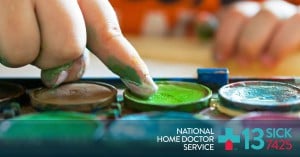
What is the worst infection your little one picked up from childcare or school?
Share your comments below.
This post originally appeared on The National Home Doctor website. You can view more info from them HERE.
Image shutterstock photo
We may get commissions for purchases made using links in this post. Learn more.
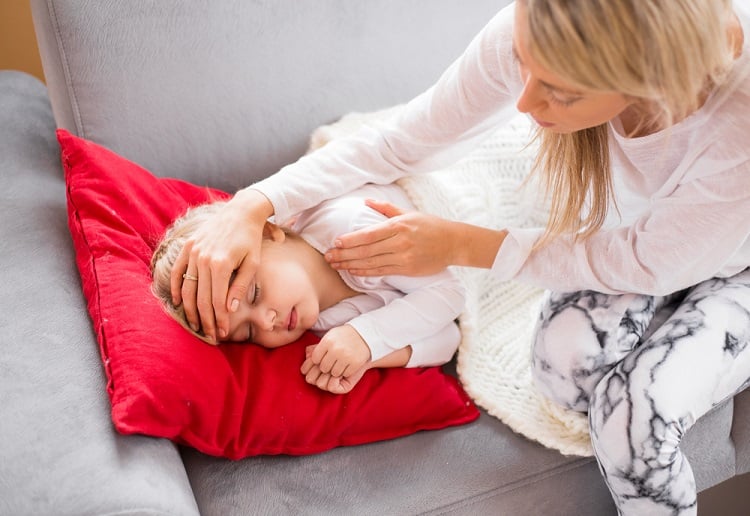



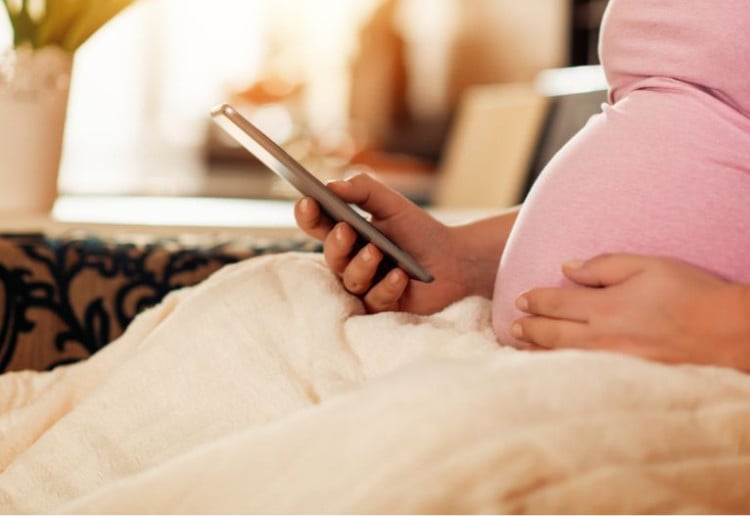



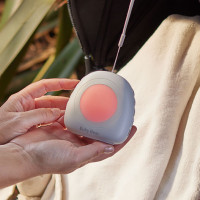
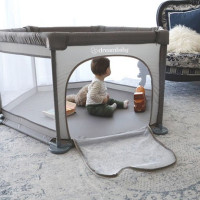










-

-
-
-
mom94125 said
- 08 Oct 2017
Reply
-

-
-
-
tessie said
- 16 Jul 2017
Reply
-

-
-
-
rachel1970 said
- 24 May 2017
Reply
-

-
-
-
rovermum said
- 24 May 2017
Reply
-

-
-
-
ella12 said
- 24 May 2017
Reply
-

-
-
-
mom160421 said
- 24 May 2017
Reply
-

-
-
-
Ellen said
- 24 May 2017

Reply
-

-
-
-
mom206279 said
- 23 May 2017
Reply
Post a comment11:23 am
7:42 am
6:44 pm
4:29 pm
4:12 pm
11:17 am
3:55 am
4:20 pm